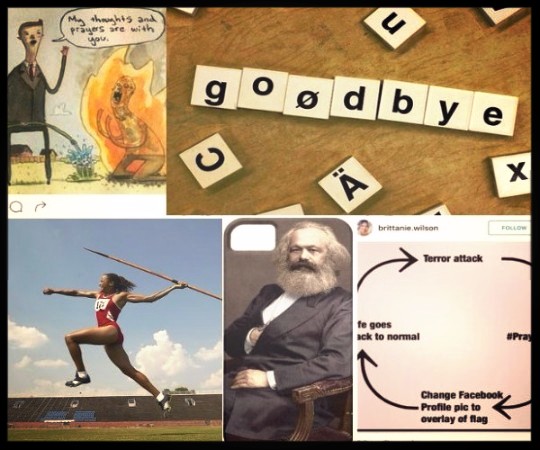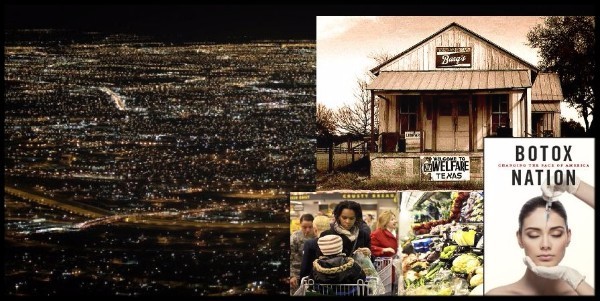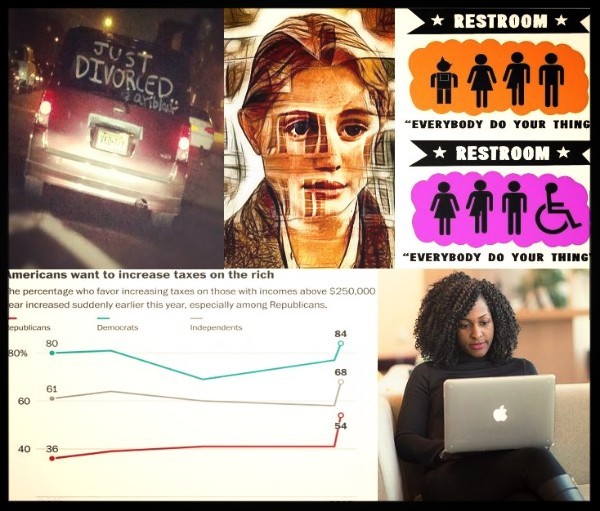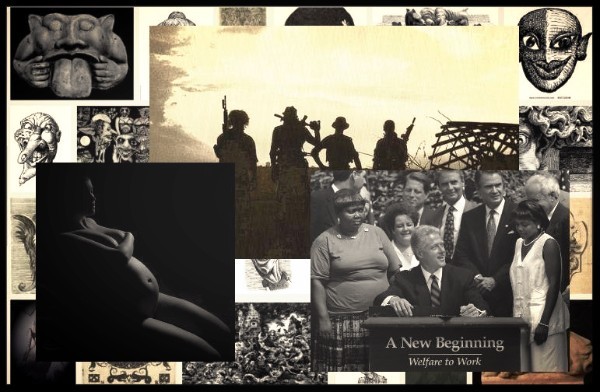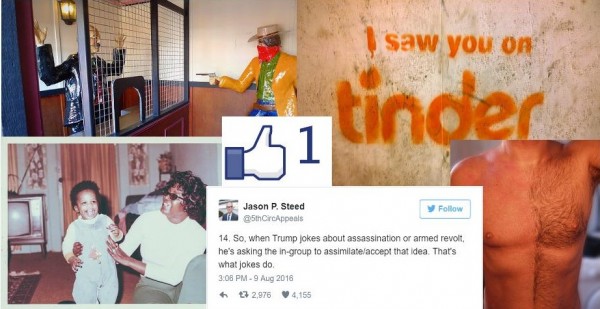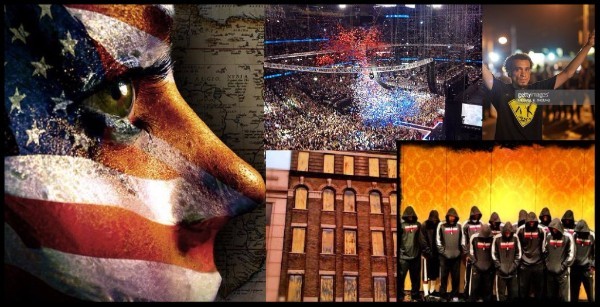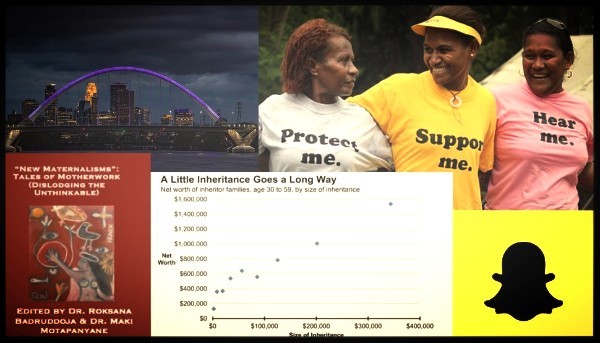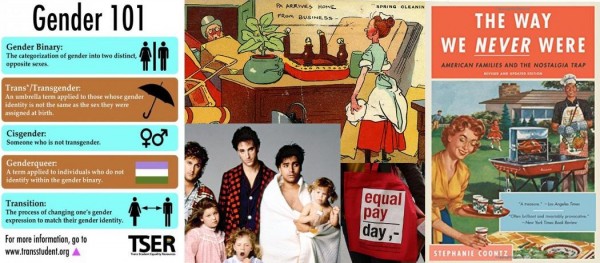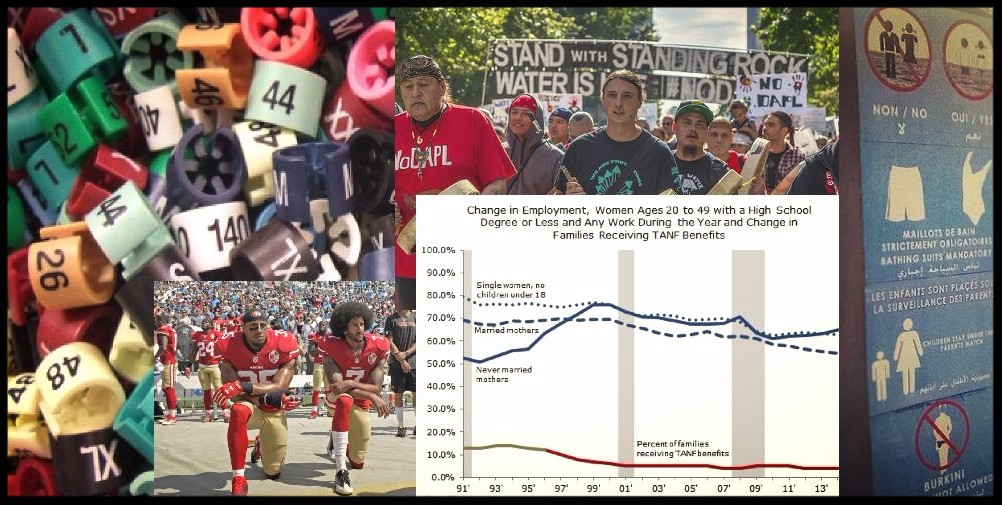
Boy, do we have a ton of great new stuff to share with you this week. We’ve got a number of pieces on diversity, activism, and community in the sporting world, some excellent tips and ideas for teaching and writing in sociology, and a new podcast with Aldon Morris, just to name a few. See below for all that and more!
The Editors’ Desk:
“First Person Ethnography.” Editor Doug Hartmann reflects on the different narrative devices used in ethnographic writing and argues that each has it’s own strengths and weaknesses.
Office Hours:
“Aldon Morris on The Scholar Denied,” with Enid Logan. In this special hour-long episode, University of Minnesota sociologist Enid Logan talks with Morris about his new book and the ways W.E.B. Dubois shaped the field of sociology.
Teaching TSP:
This semester we are rolling out a series of posts from grad instructor Jack Delehanty on teaching writing in sociology classes. Check out his first post, “Teaching Writing with 5-Minute Workshops,” and stay tuned for more.
There’s Research on That!:
“Pipeline Protests a Pipedream?,” by Erik Kojola. The protests over the Dakota Access Pipeline are the most recent battle between Native American rights and industrial development, and research shows that these battles often result in social dislocation, environmental problems, and a loss of livelihoods for native communities. For even more research on that, check out Erik’s recently published article on the ways that news media coverage of the Keystone XL pipeline worked to legitimate extraction and disrupt potential coalition between unions and environmentalists.
“Punters and Protesters,” by Neeraj Rajasekar. Research shows that Colin Kaepernick’s choice to kneel during the national anthem is part of a larger resurgence of athlete activism surrounding racial inequality in America today.
“Millennials Misunderstood,” by Evan Stewart. Millennials get a lot of flack these days, but social scientists argue that they are not as shallow or selfish as popular memes make them out to be—they are responding directly to unique social pressures.
Discoveries:
“Extending the “Crime Scene” into the Community,” by Ryan Larson. New research in Sociological Science finds that not only are communities of color more likely to experience violence, they are also more likely to see an increase in stop and frisk activity after a violent crime is committed.
Clippings:
“The History of the Republican Party Divide,” by Chelsea Carlson. Josh Pacewicz explains to the Washington Post that Trump is not the origin of the conflicts we are seeing in the Republican Party today but that these divisions stem from a much longer history.
“‘Muggles’ and Stigma: Using Harry Potter to Teach Sociology,” by Caity Curry. Bertena Varney at Southern Kentucky Community and Technological College has been using Harry Potter to teach students about inequality and disabilities.
From Our Partners:
Contexts:
“Making Sports More Sporting” – Five Viewpoints:
- “Addressing Racial Injustice In Big-Time College Sports,” by Marvin P. Dawkins.
- “Change Doesn’t Necessarily Mean a Paycheck,” by Lucia Trimbur.
- “LGBT Inclusion,” by Pat Griffin.
- “‘This Has to Change!’,” by Cheryl Cooky.
- “Racism and the Rooney Rule,” by Kevin Hylton.
“The Shifting Landscape of Sports Media with Dave Zirin,” by Ben Carrington and Dave Zirin.
“How the Young Weigh Weight,” by Rose Malinowski Weingartner.
Scholars Strategy Network:
“The Roots and Impact of Outrage-Mongering in U.S. Political Opinion Media,” by Sarah Sobieraj and Jeffrey M. Berry.
Council on Contemporary Families:
“TANF Didn’t Fight Poverty. Full Employment Did,” by Alan Barber and Virginia Rutter.
And a Few from the Community Pages:
- Sociological Images talks burkini bans and the lack of balanced coverage on the elections.
- Families As They Really Are revisits research on hooking up.
- Sociology Toolbox explores how superstition in sports helps build community.

